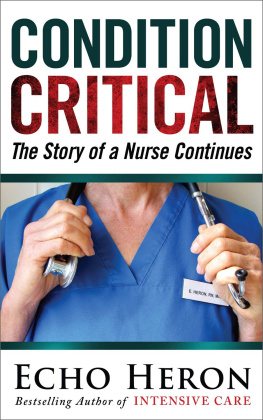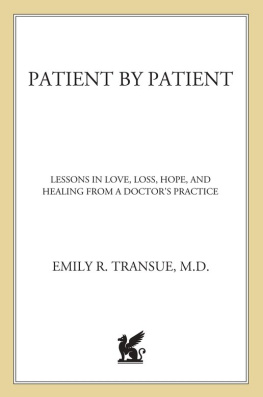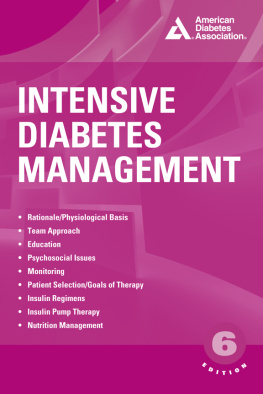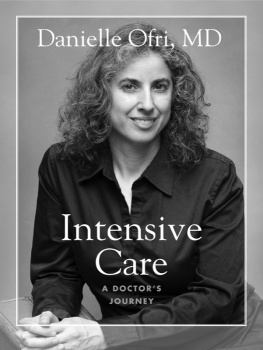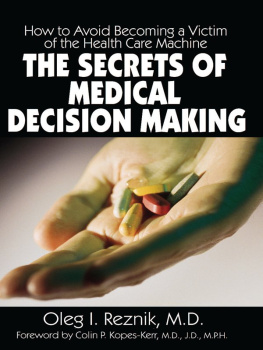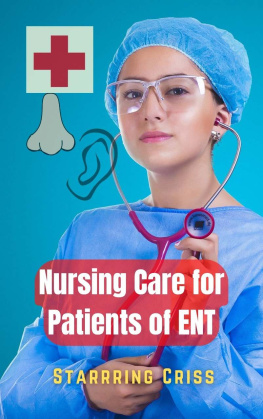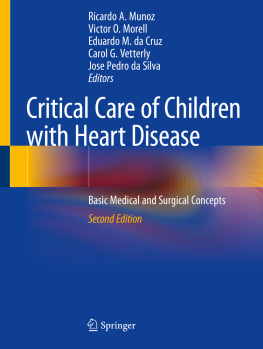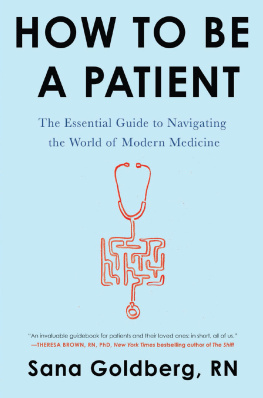INTENSIVE CARE


The material used in the Prologue (pages 3 to 10) first appeared in Readers Digest, September 1983.
Copyright 1987 by Echo Heron
www.SimonandSchuster.com
All rights reserved
ISBN: 0-689-11808-2
eISBN: 978-1-4516-6556-7
LCCN: 86-47940
Published simultaneously in Canada by Collier Macmillan Canada, Inc.
Composition by Westchester Book Composition, Inc., Yorktown Heights, New York
Manufactured by The Haddon Craftsmen, Inc., Scranton, Pennsylvania
FIRST EDITION
THIS BOOK IS FOR SIMON,
AND FOR ALL NURSES:
THE TRUE GIVERS.
Contents
ACKNOWLEDGMENTS
I want to thank Norman L. Smith of Readers Digest for giving me a place to begin and Richard S. Gebhardt for believing in me enough to push me to the mailbox with my first story.
Also, warm loving thanks to my friends: the people whove touched my life, helped me through the worst of times, and left the lasting impression that they are, by any measure, the very best kids on the block. Among them:
Mary C. Bianchi, Michael J. McClure, Janey OHara Justice, J. Patrick Heron, Harlan Cain, Colette Coutant Trembly, Ruah Cramer, and Martha Cramer Catricala.
Loving thanks to my father, Michael A. Salato, and to my siblings, Paul, Mari, Mikie, and Storm, for their love and understanding.
For their wonderful patience, enthusiasm, and hard work, I want to thank my agent, Dominick Abel, and my editor, Patricia Lande.
For their technical advice and personal support, I want to especially thank Thomas M. Meadoff, M.D. and Margie Dingfelder, MFCC.
Also, many thanks for their technical advice to Catherine P. Murray, R.N.; Joel Sklar, M.D.; Gerald P. Wilner, M.D.; Peter Eisenberg, M.D.; James M. Kelly, M.D.; Susan Shapiro, R.N.; and Pamela Foley, M.D.
AUTHORS NOTE
This book, while based on true incidents, is not meant to betray medical or professional confidences or to single out any individual or group of individuals for criticism. It is meant only to portray my own experiences. Thus, I have taken the liberty of changing all names and identifying characteristics of people (with the exception of Jan Tobin, Janey Justice, my son, Simon, and me), hospitals, and schools in order to protect the rights of the people I have had as patients, their families, and the professionals I have learned from and worked with. In some cases, the people in this book are composites, and in a few instances the chronology has been altered. Accordingly, except as noted, any resemblance of the characters in this book to actual individuals is unintended and purely coincidental.
PROLOGUE
T HE LARGE INSTITUTIONAL CLOCK read 2:50 P.M., and somewhere in the middle of the eight flights of stairs, I wondered what I would have to do for the next nine hours of my life.
What would they need? Would it be simply a matter of controlling the pain with a little morphine and oxygen, or would I constantly be on the run, checking vital signs every five minutes, suctioning secretions to keep an airway clear, calculating drug dosages, calibrating machines, and listening to my sixth senseall while keeping one step ahead. And, of course, a portion of my attention was reserved for the one fear that loomed larger than the rest, the one always present: Would I make a fatal mistake?
I reached the last step and had to juggle my brown paper lunch bag, oversize purse, and umbrella to open the door to the green waiting room. As I walked under the ACUTE CORONARY CARE sign, I noticed a woman with white hair sitting on the couch, crying. A younger woman with red hair leaned over her, touching the womans shoulder, saying nothing.
It could mean something critical; it could be overreaction. But there wasnt the usual hysteria that came with overreaction. This was the kind of sorrow and fear that came from something tragic.
I opened the door leading into the world of the four fishbowl rooms, each holding a single blue bed for the critically ill. The monitor banks stood directly in front of me. Only one scope was lighted and running: bed two.
Before taking another step, I named the rhythm and knew what was wrong with the heart that generated it. Glancing at the assignment board, I saw bed two was mine.
I walked to my locker and took the blue cotton uniform from its hanger. As I slipped it over my head, I noticed an old bloodstain on the waistband that repeated laundering had not removed. I tried to remember the name of the patient who had contributed the small piece of color and felt guilty when I could not.
Next, my badge. I pinned the insignia of authority on the left shoulder seam of my uniform. RN, MICN, CCU, ER: Registered Nurse, Mobile Intensive Care Nurse, Coronary Care Unit, Emergency Room. How many years of school and hard work did those initials stand for? Ten?
Lacing the white shoes, I allowed my mind to drift toward work. Bed two. How old? Man? Woman? How bad was it? The grieving white-haired woman in a green waiting room hinted at the answer.
Glancing at myself in the mirror, I hastily repinned several wild strands of my chestnut hair back into the knot at the top of my head and picked up my tools: stethoscope, packaged ointments, germ-killing swabs, and blunted bandage scissors. I was ready to face the evening.
The familiar subtle thrill began to well up inside me as I walked to the nurses station. I compared the feeling to what it must be like walking on stage. Even though I had memorized my lines for the scene, no one ever really knew what was going to happen.
The report from Kelly, the on-duty nurse, was tedious and uninformative. That was unusual. Kelly was one of the coronary units better nurses, but tonight she lacked her normal enthusiastic energy.
The patient is a sixty-eight-year-old male, admitted in the wee hours this morning. The diagnosis: possible cerebral hemorrhage. He had a head scan this morning, and I havent heard results as yet, said Kelly. She sighed and leaned forward. I just couldnt get into doing the job today, Im sorry. I didnt bathe him, and I turned him only a few times and She took in a deep breath, then hunched her shoulders even more. Exhaling, she looked directly at me. Jesus, it just seems so pointless. I dont like taking care of corpses. I just want to get out of here and go home to my kids.
I wrote down the clinical information about the patient without changing my expression or responding to Kellys comment. We all knew the feeling of being forced to keep a patient alive long after it was determined the situation was hopeless. It was a futile battle that was more emotionally draining than almost any other nursing situation.
After arranging the facts by body systems, I looked them over once again and walked quietly into the glass-walled acute care room.
Next page

